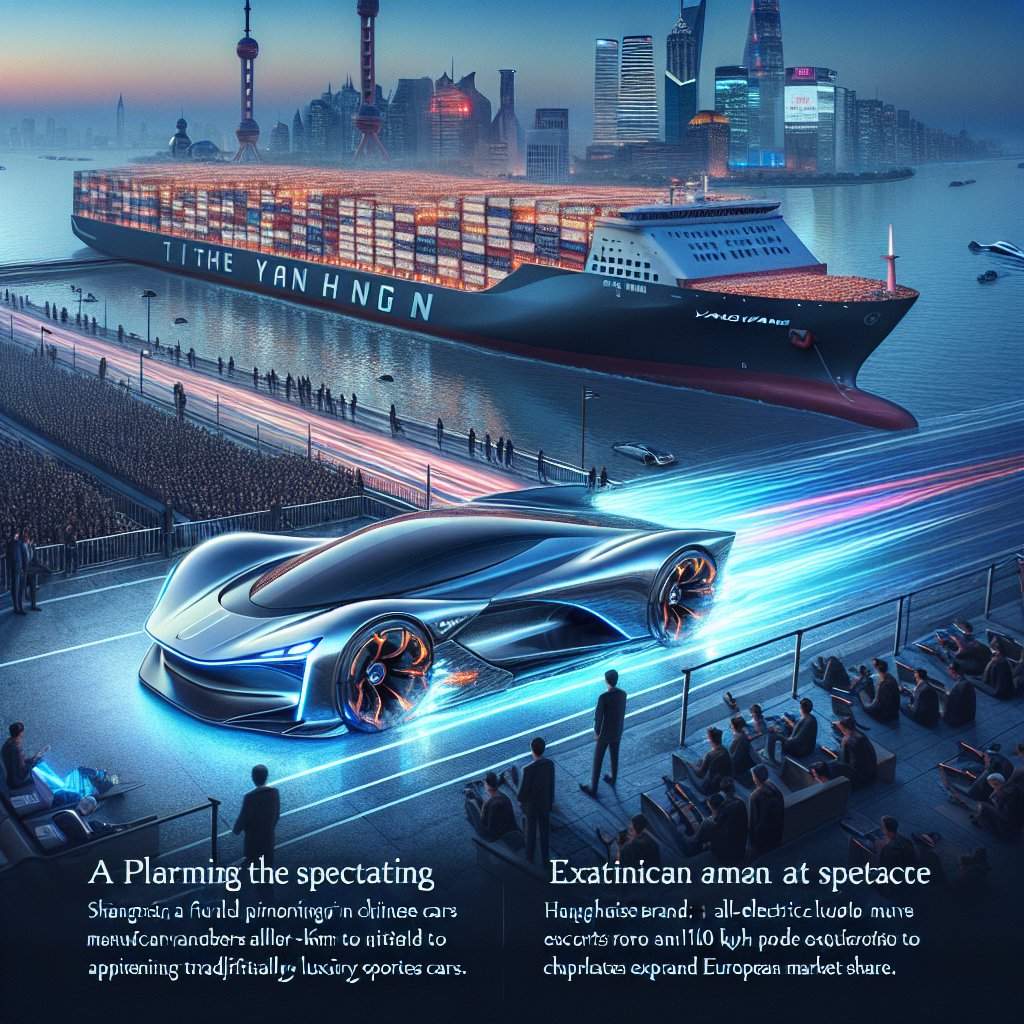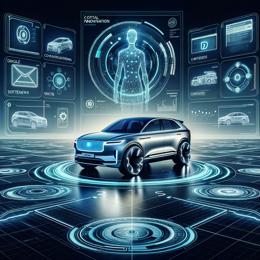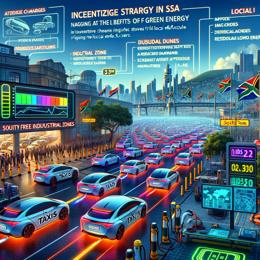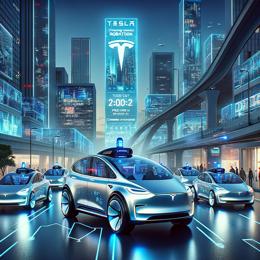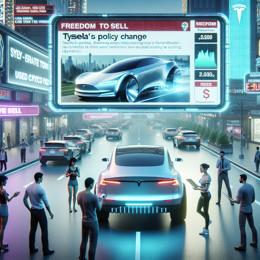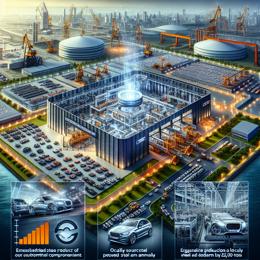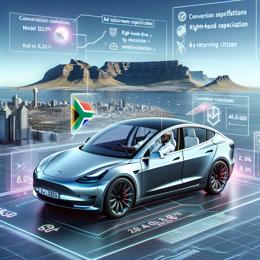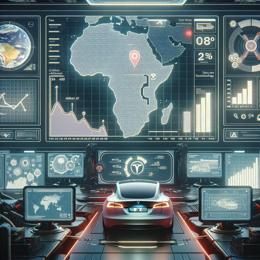Image created by AI
BYD Unveils R4.5-Million Electric Supercar, Challenges Ferrari and Lamborghini
Chinese automotive manufacturer BYD Co. has taken a bold step into the elite realm of high-performance electric vehicles with the launch of its latest creation – the Yangwang U9. With a price point of 1.68 million yuan (approximately R4.51 million, excluding tax and duties), this all-electric supercar is positioned to rival traditional luxury sports cars by Ferrari and Lamborghini.
Revealed during an event in Shanghai, the Yangwang U9 is designed to be an exclusive spectacle, initially available only within the Chinese market. Highlighting the exceptional capabilities of electric propulsion, the U9 boasts an acceleration from 0 to 100 km/h in just 2.36 seconds and a maximum speed of 309.19 km/h.
The move is somewhat of a pivot for BYD, which surpassed Tesla in the global electric vehicle (EV) sales rankings in the last quarter of 2023, crowning it as the world’s largest EV manufacturer. Known primarily for its affordable electric cars, BYD is now extending its product lineup under the Yangwang and Fang Cheng Bao luxury brands.
In China, where the post-Lunar New Year period often heralds a competitive price war, BYD stands firm on its commitment to high-end consumers, targeting a segment that promises healthier profit margins. This strategy unfolds as the company plans to introduce additional premium models under the Yangwang brand, including an opulent sedan set to retail at around 1 million yuan.
Yangwang’s market presence has been increasing steadily. Since November of the previous year, their luxury SUV, the U8, has been finding its way to customers, with 3,653 units delivered up until January end. The U8 comes with a price tag of 1.1 million yuan.
Investor confidence in BYD soared as the company's shares experienced an uptick of up to 4.7% in Hong Kong. This followed the announcement by BYD Chairman Wang Chuanfu to propose doubling the buyback of its China-traded shares to 400 million yuan – a gesture aimed at reinforcing investor confidence, stabilizing, and potentially maximizing the company's value.
Despite the positive news, BYD, like many EV stocks, has not been immune to the broader market pressures. A 12% dip in their Hong Kong-listed shares has been recorded over the year as EV companies face punishing demand shifts, compelling them to slash prices, which could affect profit margins.
BYD's marketing strategy extols the economic advantage of electric mobility with the slogan "electricity is cheaper than oil." This cost-saving angle is now being leveraged against combustion engine stalwarts like Nissan and Toyota, as noted by Morgan Stanley in a report.
Adding to BYD's strategic expansion, the company's EV-presence on European soil was marked by the docking of its first EV-carrying ship in Vlissingen, Netherlands. The vessel concluded a six-week journey from China, representing BYD's burgeoning efforts to expand its market share on the European continent, delivering the newest exports of their electric car models.
